Log in and enrol
Sustainable water resources management
Sustainable water resources management
This course is part of
Course description
The “Sustainable Water Resources Management” MOOC explores challenges, models and solutions to ensure the availability and quality of water, an essential resource threatened by climate change and pollution. It offers skills to understand: quality, value and availability of the resource in relation to uses, strategies to reduce consumption, the complexity of infrastructures and technologies to distribute, accumulate, purify and reuse it in water, material and energy recovery cycles.
Total workload of the course: 5 h
This MOOC is provided by Politecnico di Milano.
For a wider diffusion of the course, learning materials including texts, infographics, diagrams and videos were translated from Italian to English through Artificial Intelligence software. Therefore they may contain inaccuracies.
This MOOC is part of Libreria Zero, the digital library of modular educational resources developed by Politecnico di Milano to support students on a path to awareness and competence on sustainability and sustainable development issues.
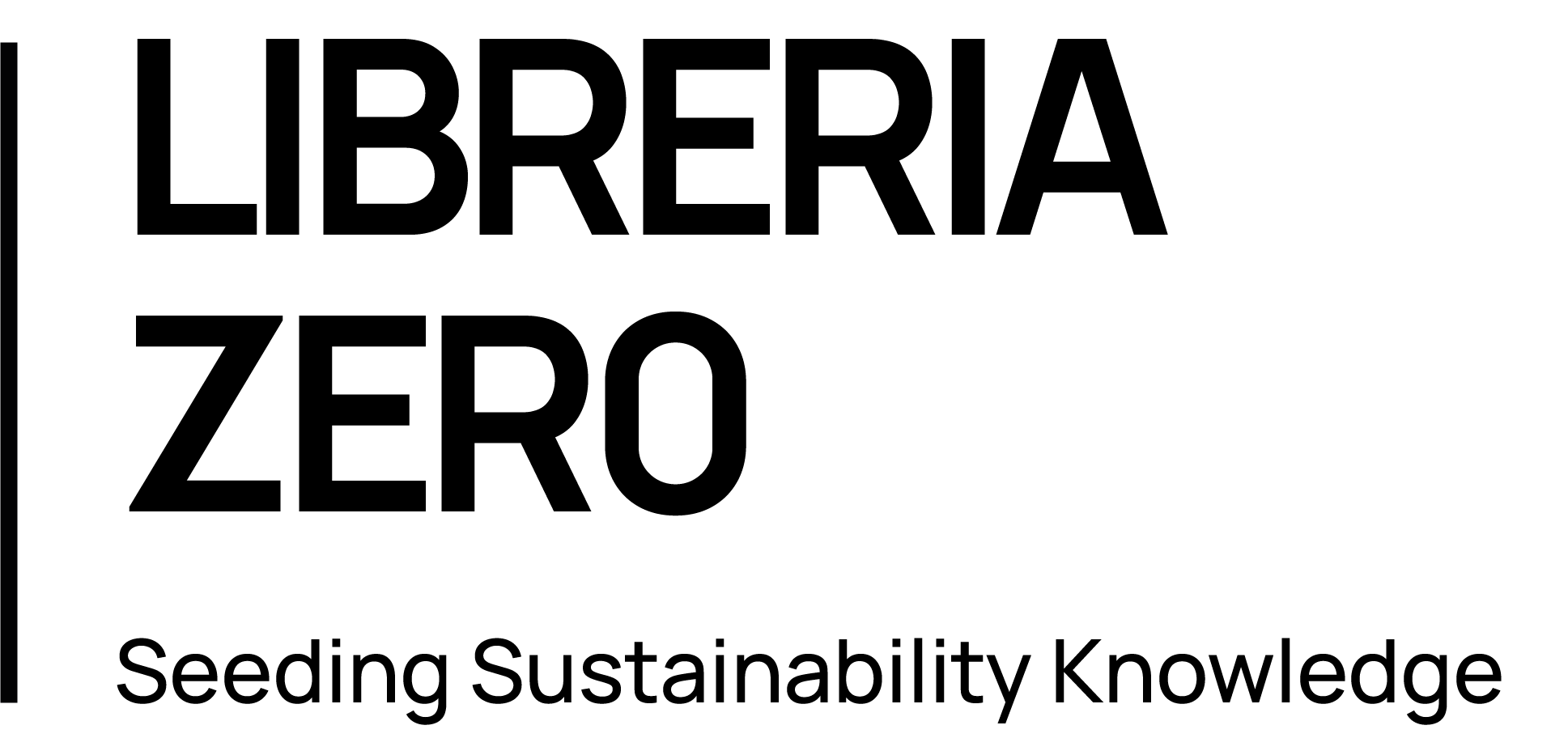

Intended Learning Outcomes
By actively participating in this MOOC, you will achieve different intended learning outcomes (ILOs):
- Understand the availability and quality of water resources
ESCO: monitoring environmental conditions ESCO: perform scientific research - Assess water uses and their environmental, social, and economic costs
ESCO: assess environmental impact ESCO: provide cost benefit analysis reports ESCO: water consumption - Apply tools and models for the analysis and planning of water resources
ESCO: apply statistical analysis techniques ESCO: data models ESCO: sustainable technologies - Analyze the characteristics of aquifers and water systems
ESCO: conduct underwater surveys ESCO: perform hydrodynamics calculations ESCO: perform water treatments - Design strategies for the management and optimization of water systems
ESCO: strategic planning ESCO: system design ESCO: optimise production - Select appropriate technologies for treatment, reuse, and resource recovery
ESCO: analyse the need for technical resources ESCO: resource-efficient technologies - Evaluate the role of water technologies in the energy and environmental transition
ESCO: monitor system performance ESCO: evaluating systems, programmes, equipment and products
Prerequisites
No prerequisite knowledge is required.
Activities
Over and above consulting the content, in the form of videos and other web-based resources, you will have the opportunity to discuss course topics and to share ideas with your peers in the Forum of this MOOC.
Section outline
-
-
Week 1 introduces the main challenges related to the sustainable management of water resources. It analyzes the global water crisis, the parameters to describe the quality in relation to uses and the economic and social value of water, including pricing mechanisms and tariff structures.
-
This week we explore the main models for predicting the availability and quality of water, both surface and underground. The modules illustrate how these tools are fundamental for planning solutions in climate change and pollution scenarios.
-
Week 3 addresses water storage and distribution infrastructure, strategies to reduce losses and consumption and the technologies to treat natural water and wastewater to ensure use functions and human and ecosystem health.
-
This week explores safe water reuse, recovery of carbon and nutrients, sustainable hydropower production, and biochemical energy recovery from wastewater. Advanced technological solutions are illustrated to support a circular water economy.
-
-
Video transcripts Folder
-
Assessment
Your final grade for the course will be based on the results of your answers to the assessed quizzes. You have an unlimited number of attempts at each quiz, but you must wait 15 minutes before you can try again. You will have successfully completed the course if you score 60% (or higher) in each one of the assessed quizzes. The maximum score possible for each quiz is given at the beginning of the quiz. You can view your score in the quiz on your last attempt or on the 'Grades' page.
Certificate
You can achieve a certificate in the form of an Open Badge for this course, if you reach at least 60% of the total score in each one of the assessed quizzes and fill in the final survey.
Once you have completed the required tasks, you will be able to access ‘Get the Open Badge’ and start issuing the badge. Instructions on how to access the badge will be sent to your e-mail address.
The Badge does not confer any academic credit, grade or degree.
Information about fees and access to materials
You can access the course completely online and absolutely free of charge.
Course faculty
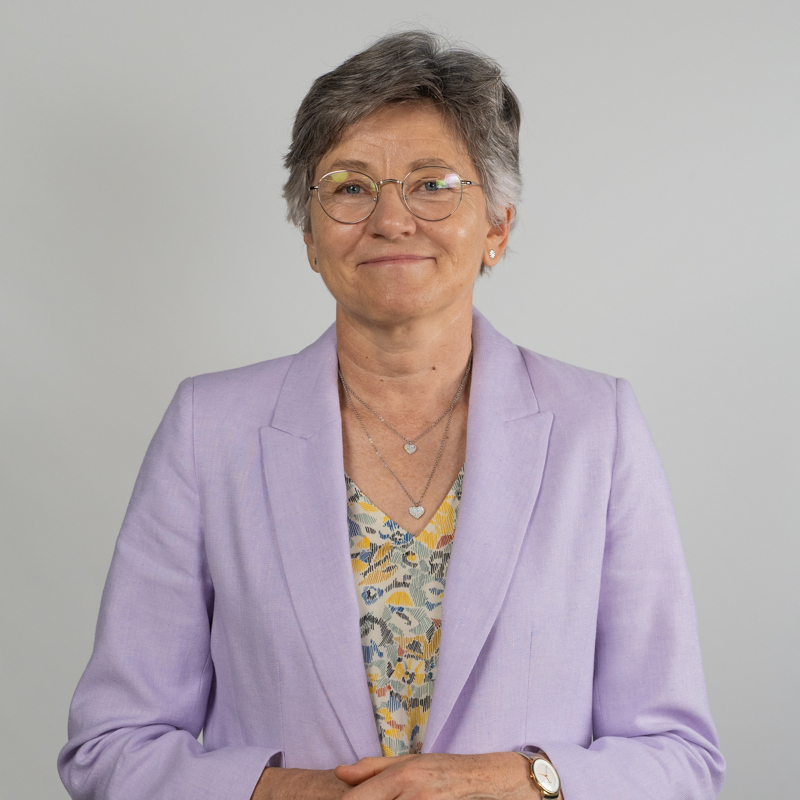
Francesca Malpei
Teacher
She is an Engineer, Ph.D and Professor of Wastewater Treatment Engineering at the Department of Civil and Environmental Engineering of the Politecnico di Milano. She is the Head of the Environmental Engineering Laboratory (LIA) of the Department. She has always worked on advanced WW treatment processes, in combination with resource recovery processes. Her main current research interests are the production of biofuels and synthetic biofuels (e-biomethane); the fate and control of microplastics in wastewater and sludge. She is now involved in these projects: EU Biomethaverse; EU LIFE CASCADE; PNNR Agritech, Spoke 8.
H index (Scopus): 29. ORCID; SCOPUS; Google Scholar.
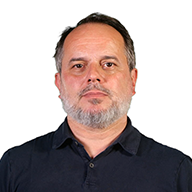
Andrea Castelletti
Teacher
Andrea Castelletti is a Professor of Systems and Control at Politecnico di Milano and director of the Technologies for Climate Transition division at Euro-Mediterranean Centre on Climate Change. Andrea holds an MSc in Environmental Engineering and a PhD in Information Engineering from Politecnico di Milano. He has been a visiting scholar at Princeton, Cornell, Lancaster, and the University of Western Australia. From 2014 to 2022, he was Senior Scientist at ETH Zurich; he was also Adjunct Professor at the University of Western Australia (2007–2015). He leads the Environmental Intelligence Lab, with 20+ researchers, including junior faculty and PhDs, and chairs the PhD Program in Science, Technology, and Policy for Sustainable Change. Andrea has worked extensively on water systems in Africa and Asia, promoting sustainable and robust design and coordinating national and international projects. He is Editor of Water Resources Research and Environmental Research: Water.
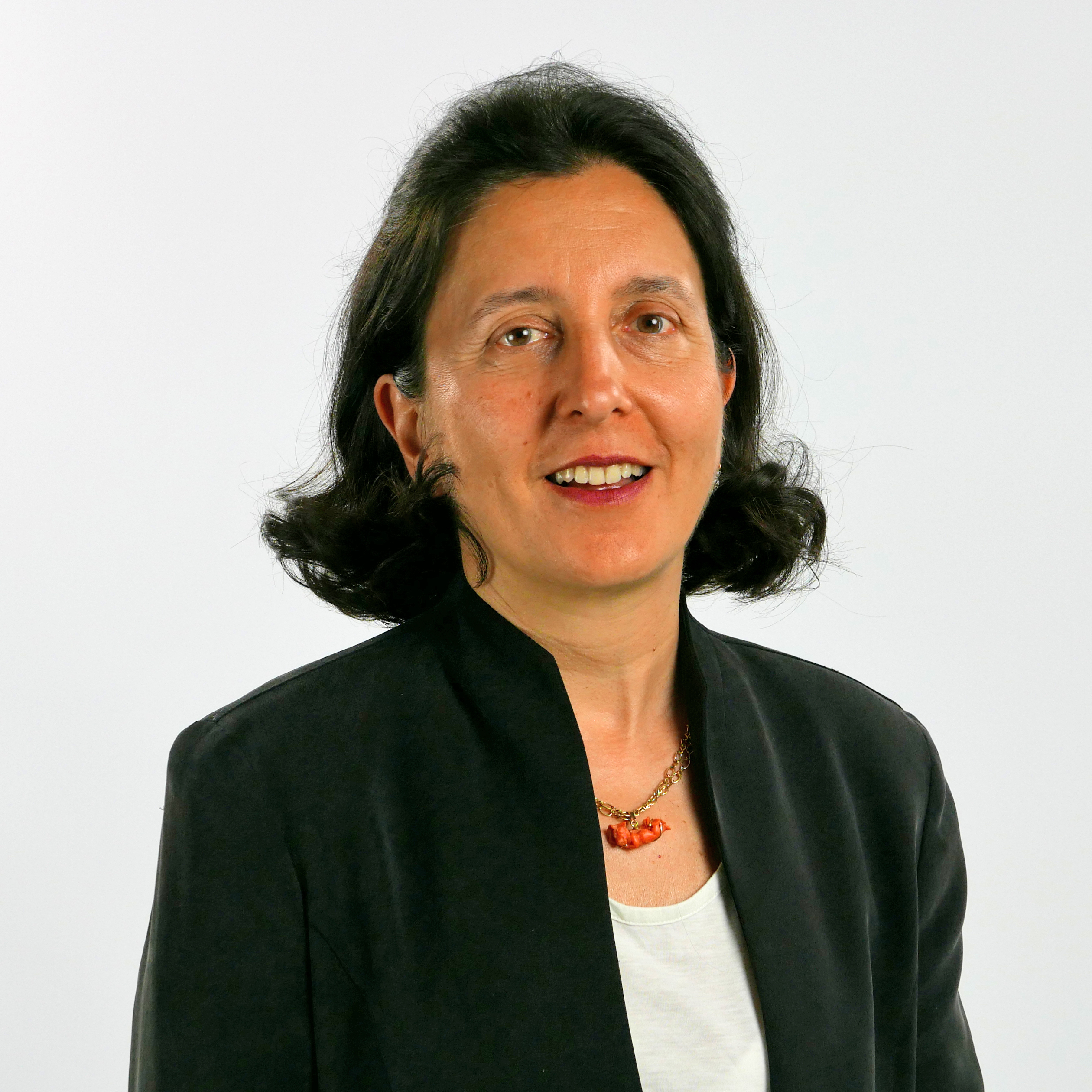
Paola Garrone
Teacher
Paola Garrone is Professor of Business and Industrial Economics at Politecnico di Milano. Her research interests include utility economics and policy, and business strategies for sustainable development. She has coordinated several national and international research contracts and grants in these fields. Recently, she has been working on the issues of food systems sustainability, water innovation, and infrastructure investments in developing countries.
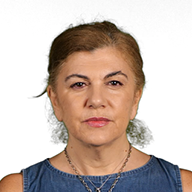
Maria Cristina Rulli
Teacher
M.Cristina Rulli is professor of Hydrology and Water and Food Security at the Politecnico di Milano since 2019, she is vice president of the Italian Society of Water Engineering since 2021, she is fellow of Istituto Veneto di Scienze Lettere ed Arti and Union Fellow of the American Geophysical Union since 2024. In 2024 she has been awarded with the 11th Prince Sultan Bin Abdulaziz International Prize for Water -Creativity Prize. In 2025 she has been appointed member of the Italian Academy of Engineering and Technology (ITATEC). Her research focuses on the interaction between hydrological processes and humanity. Using the Food-Energy-Water nexus perspective, she has been investigating the impacts on food and water security induced by global changes. She has focused on the emergent phenomenon of Large Scale Land Acquisition and its implication on water, energy and food security, as well as on water governance, rural livelihoods, and the emergence of water conflicts. Her most recent research concentrates on the nexus between Health and Arid Environment focusing on the potential nexus between the unsustainable food system and the insurgence of diseases (e.g., food, nutrition related, zoonotic, uncommunicable).
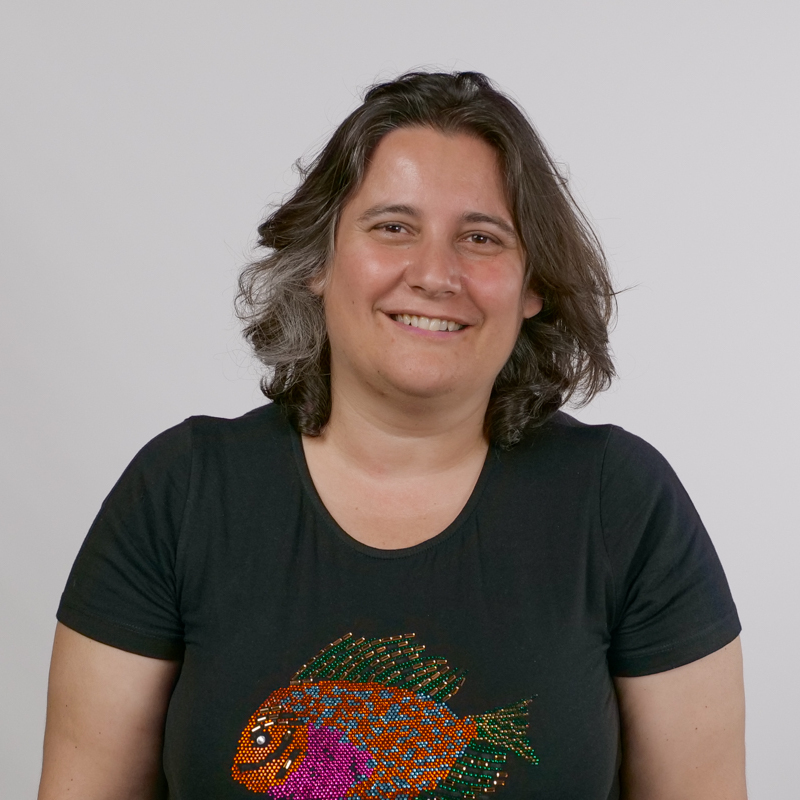
Arianna Azzellino
Teacher
Associate Professor, Dept. of Civil and Environmental Engineering (DICA), Politecnico di Milano. Teacher of courses: Environmental Impact Assessment, Sanitary and Environmental Engineering and Nature-based solutions for a resilient world Research activity: Currently involved in various research projects, from the source apportionment of pollutant loads, to development of methods to support decisions for the management and planning of environmental resources. Scenario analysis and modelling of pollution phenomena to support the assessment of impacts and intervention alternatives / land use. Environmental risk assessment and forecasting, habitat modelling of sensitive species, multi-criteria analysis to support planning and management.
H index (Scopus): 28 ORCID; Scopus; Google Scholar
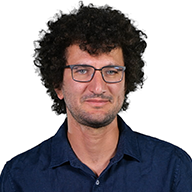
Giovanni Porta
Teacher
Associate professor in Hydraulic Engineering at the Dept. OF Civil and Environmental Engineering, Politecnico di Milano. He is part of the MiPore research group and has a long standing experience on reactive transport modelling in porous media and uncertainty quantification methods applied to flow and transport problems. Recent research projects concern transport of pesticides in soils and aquifers and integrated water management in peri-urban areas.
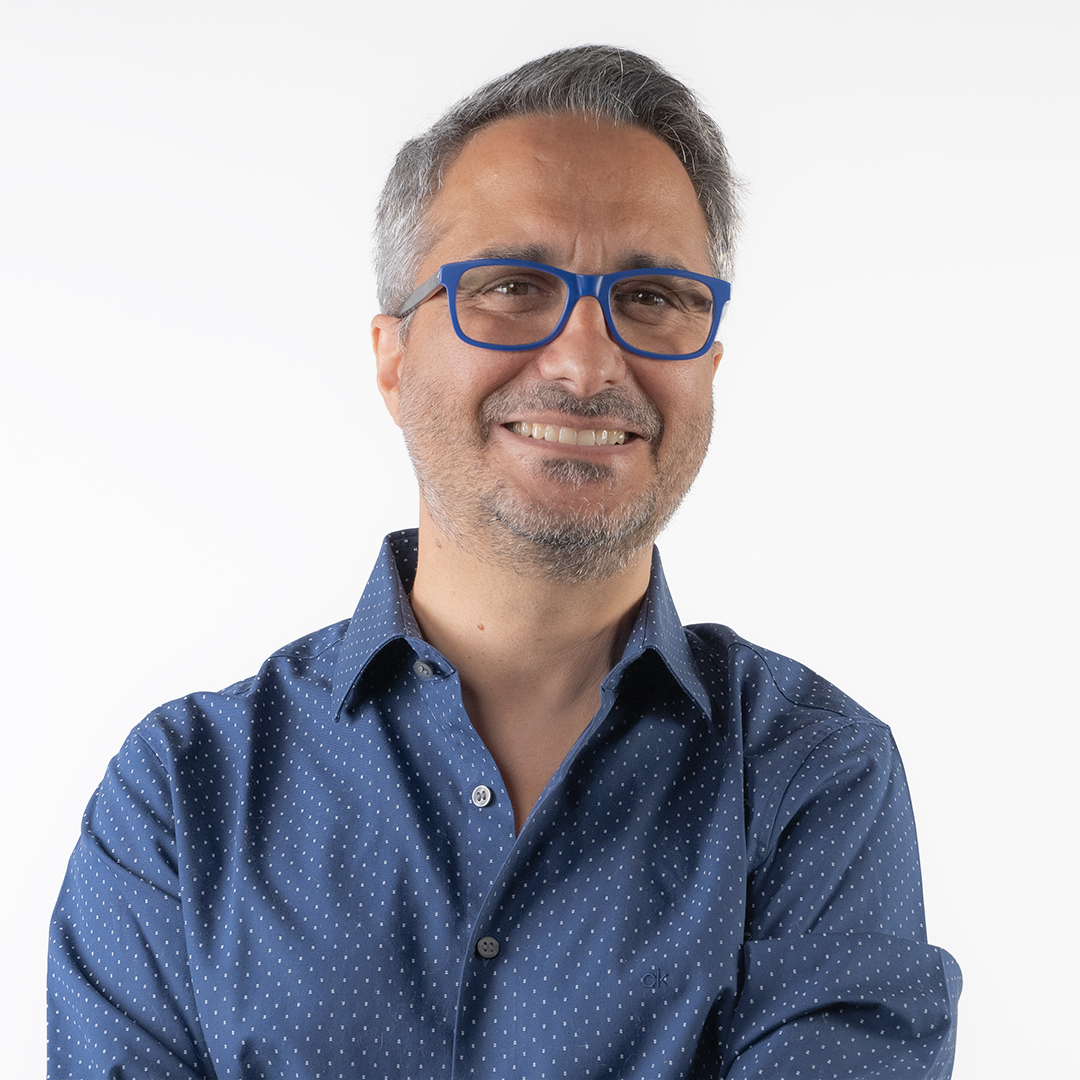
Gianfranco Becciu
Teacher
Prof. Gianfranco Becciu, PhD, P.Eng. Associate professor at Politecnico di Milano. Fellow of Wessex Institute of Technology, UK. Vice President of CSDU - Centro Studi di Idraulica Urbana (Research Facility on Urban Hydraulics). His scientific interests are in the field of Hydrology and Water Engineering, particularly focused on: - Sustainable management of stormwater in urban areas - Flood risk forecasting and mitigation - Water supply planning and optimization He is the author of 2 books on Water Engineering (in Italian) and of more than 150 publications, among which about 65 are papers published in indexed peer-reviewed international journals.
H index (Scopus): 18 ORCID; Scopus; Google Scholar
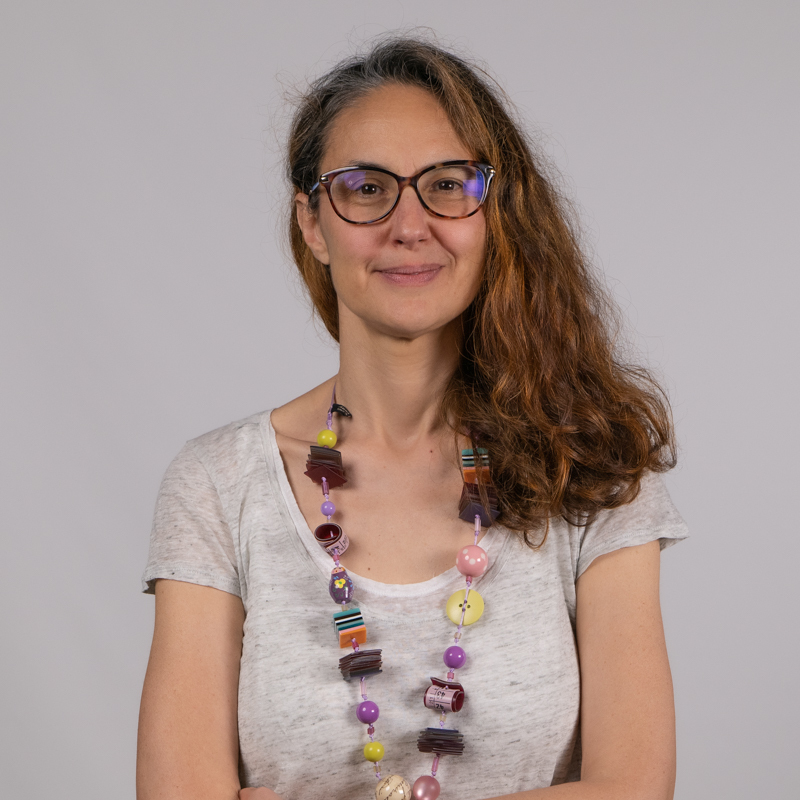
Manuela Antonelli
Teacher
Associate professor at Politecnico di Milano, DICA since 2017, got the Scientific National Qualification for Full Professor since 2020. Got the PhD in Environmental Engineering in 2000, visiting scholar at Duke University, CEINT, North Carolina (USA) in 2011, since 2012 in charge of the “Water Treatment” course, since 2019 member of the Faculty Board of the PhD program in Environmental and Infrastructure Engineering. Coordinator of the Study Programme in Environmental and Land Planning Engineering since 2024. Her research focuses on the water cycle (source water to potable to wastewater to reuse), developing innovative concepts to integrate human activities and the environment, with emphasis on technologies (disinfection, adsorption, advanced oxidation processes) and modeling (fate and risk) to protect ecosystems and human health. She is active in working groups for contaminants of emerging concern and pathogens control. Co-author of 170+ scientific products. Bibliometric indices (15.04.2025): Scopus papers: 86, number of citations: 2168, H index: 28. 2 patents.
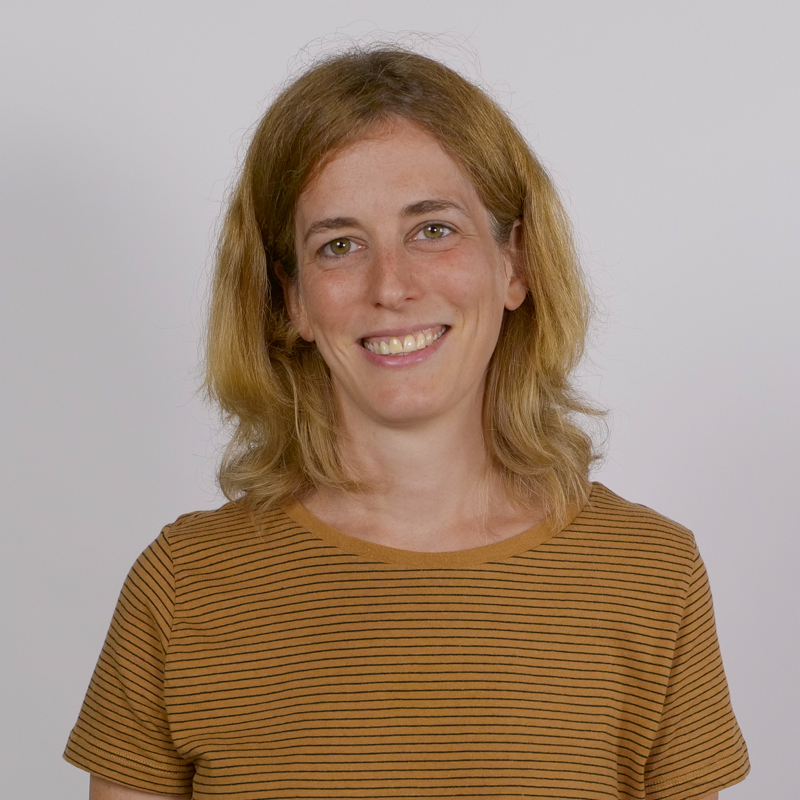
Arianna Catenacci
Teacher
Arianna Catenacci received a M.Sc. in Environmental engineering and a Ph.D. in Sanitary Engineering from Politecnico di Milano. Since January 2022 she is Junior Researcher at Politecnico di Milano, where she teaches “Sanitary and environmental engineering”. Her main research activities deal with biological processes for wastewaters and organic wastes treatment, with focus on anaerobic digestion, including: (i) optimization of biogas production through pre-treatments with ozone and co-digestion; (ii) process modelling of anaerobic co-digestion and aerobic granular sludge systems; (iii) anaerobic degradability of food waste collection bags. She holds the International Patent Application WO 2022/070035 “Method for the early estimation of anaerobic degradability of organic substrates”. She published 14 papers in peer-reviewed journals, and she gained three years experience as teaching assistant of courses “Drinking water treatment plants” and “Wastewater treatment plants”.
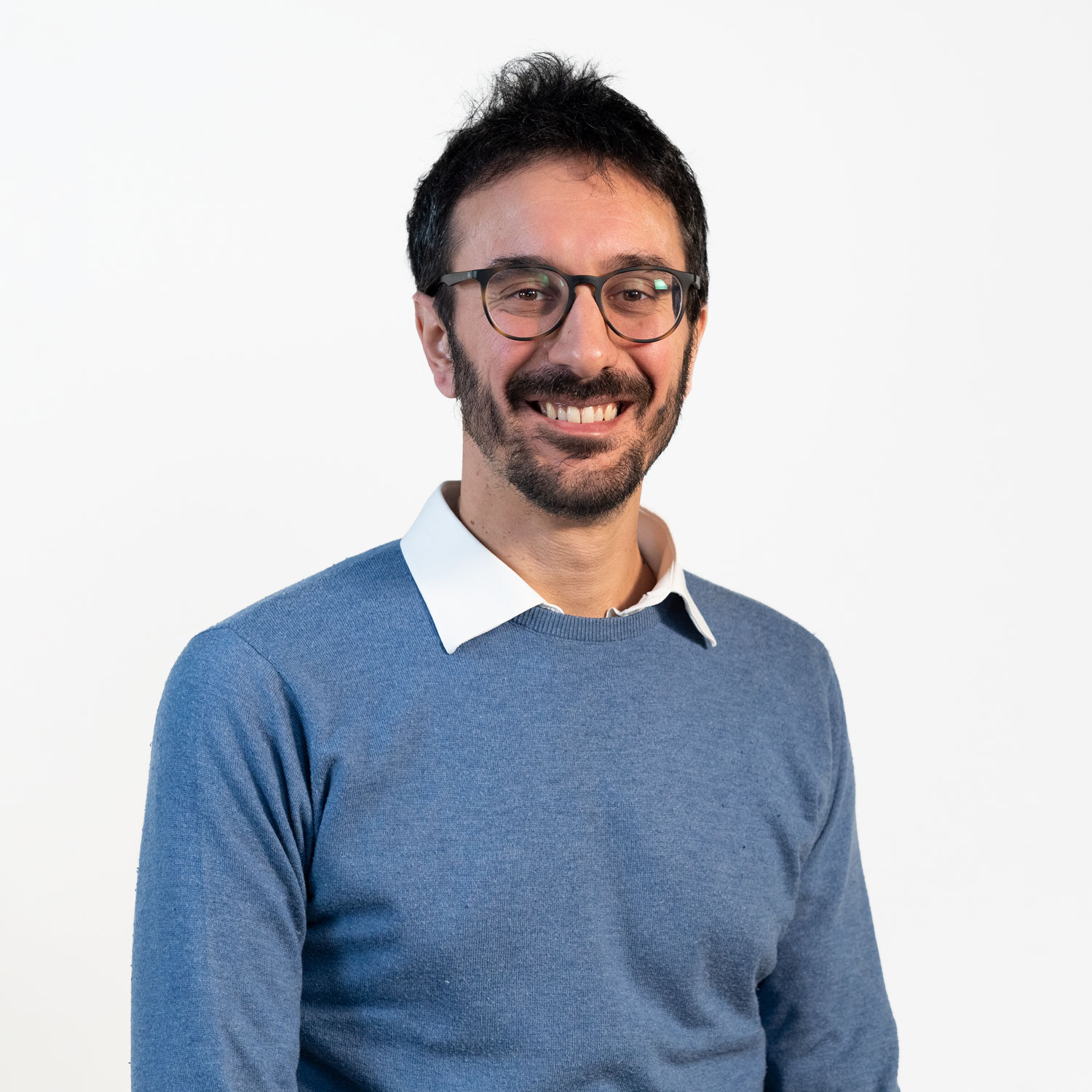
Andrea Turolla
Teacher
Associate Professor at the Department of Civil and Environmental Engineering of Politecnico di Milano, where he is involved in teaching and research activities related to environmental engineering. He coordinates a research group focused on the development of innovative concepts and technologies for water and wastewater treatment, having nutrient recovery in a circular economy perspective among the most relevant research scopes. He is involved in numerous national and international research projects (principal investigator - coordinator of ERA-MIN 3 PHOSTER, MSCA DN UPCYCLE, PRIN 2022 PHARPLE, PNRR AGRITECH - Task 8.3.1 and POLISOCIAL CHAR:ME), getting the chance to collaborate with national and international colleagues in the view of creating brand new solutions for the valorization of waste streams into valuable products.
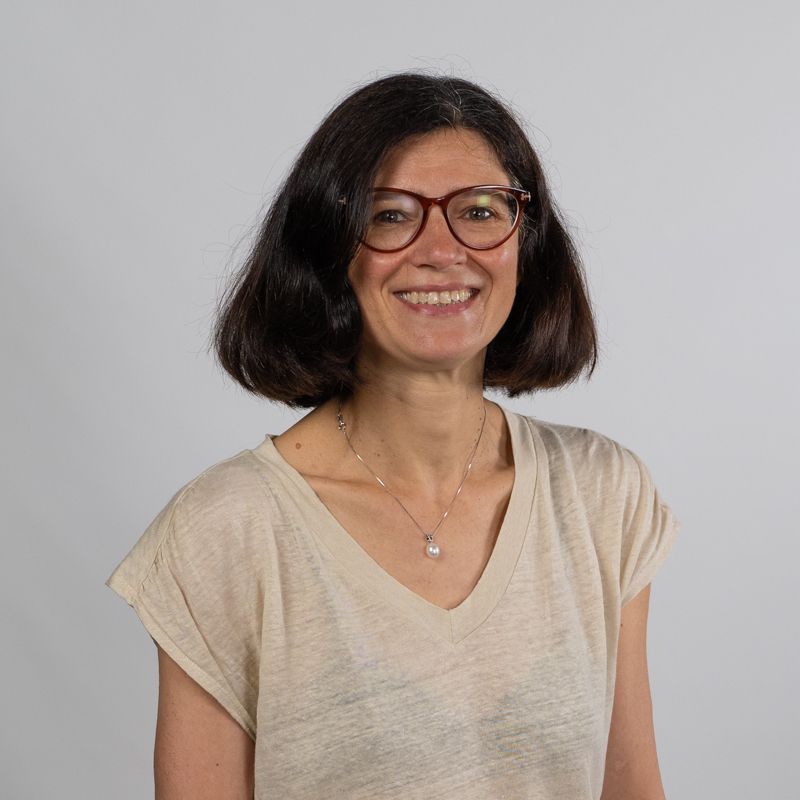
Elena Ficara
Teacher
Elena Ficara received a M.Sc. in Environmental and land planning engineering and Ph.D. in Sanitary Engineering from Politecnico di Milano. She has been an Associate Professor at Politecnico di Milano, Department of Civil and Environmental Engineering since 2016. Her main teaching activities at Politecnico di Milano include: Fundamentals of Environmental Technologies and Environmental technologies for sustainable agriculture”. Her research activity focuses on aerobic and anaerobic biological processes applied to the treatment of wastewaters or organic wastes. She has been involved, as PI or as responsible of research unit, in 7 research projects funded under competitive national calls. She is a member of the international water association (IWA), of the European algal biomass association (EABA), and she is a member of the scientific committee of the Italian microalgae association (AISAM). Publications and research products, see: Google Scholar.
Contact details
If you have any enquiries about the course or if you need technical assistance please contact pok@polimi.it. For further information, see FAQ page.
